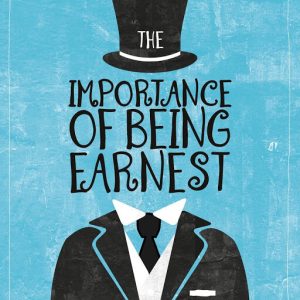How Stories Work-Writing Workshop #5: The Poetic Turn
An update from our fifth Writing Workshop with Conner Bassett A summary of the workshop held on Saturday May 15, plus some of the output published below "The turn is the most important literary effect...




